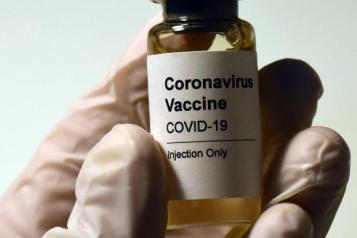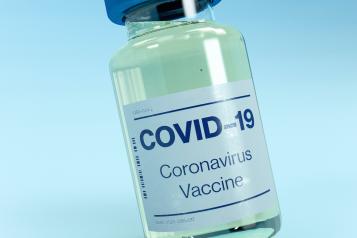What is long COVID?

After contracting COVID-19 it can take up to 12 weeks for your symptoms to disappear and for you to make a full recovery from the virus. For some people, COVID-19 can cause symptoms that last weeks or months after the infection has gone. Symptoms that go on longer than 12 weeks are known as ‘Long Covid’.
The chances of having long-term symptoms are not linked to how ill you were when you first got COVID-19.
What are the symptoms of Long Covid?
There are wide-ranging symptoms of Long Covid, making it difficult for doctors to diagnose. Everyone’s condition and symptoms are slightly different.
The main symptoms are the same as COVID-19:
- Fatigue
- Shortness of breath
- Changes to the sense of taste or smell
- Difficulty concentrating
- Muscle ache
- Headache
- Cough
- Memory loss
- High temperature
- Sore throat
Additional symptoms fall into one of three main categories:
Physical symptoms
- Joint pain
- Chest pain or tightness
- Breathlessness
- Heart palpitations
- Dizziness
- Pins and needles
- Tinnitus or earache
- Feeling sick, diarrhoea, stomach aches or loss of appetite
Cognitive issues
- Memory problems
- Concentration problems (‘brain fog’)
- Depression and anxiety
Fatigue
- Extreme tiredness
- Low energy
- Difficulty sleeping
- Needing a lot more sleep than normal
When should I contact my doctor?
Advice from the NHS suggests you contact your doctor if you are worried about continuing symptoms more than four weeks after having COVID-19.
To contact your GP surgery, you can:
- Visit their website
- Call them
- Use the NHS app
Your doctor will need to rule out other causes for your symptoms and may wish to conduct some tests before reaching their diagnosis. These tests can include blood tests or an x-ray.
How will I know if I have Long Covid?
Unfortunately, there is currently no standard test for Long Covid.
People suspected of having Long Covid are diagnosed by ruling out the more common causes of their symptoms.
What causes Long Covid?
Long Covid is a relatively new condition, so we don’t know very much about its causes yet.
Several different things are likely to cause such a wide range of symptoms in people.
Who is most likely to get Long Covid?
We have only recently started tracking Long Covid. However, over 1.8 million people in the UK have symptoms for more than four weeks.
The condition is most common in:
- 35 to 49-year-olds
- Women
- People with underlying health conditions which limit their normal activity levels
- People working in health, social care or education
- People who are living in poorer areas across the country.
Treatment and support
Find out what treatment options are available on the NHS and what support you can get to help you manage your symptoms.


